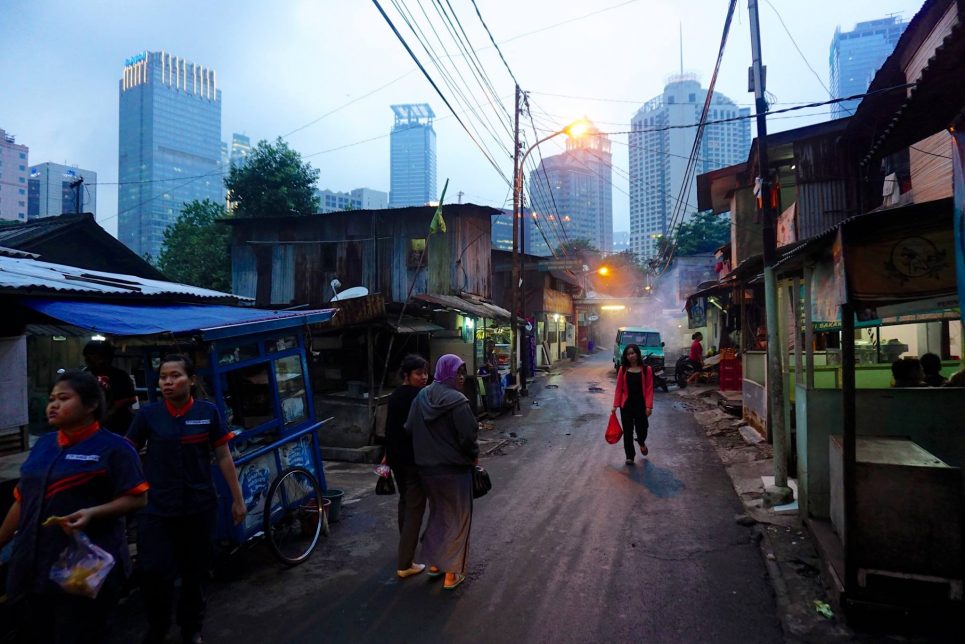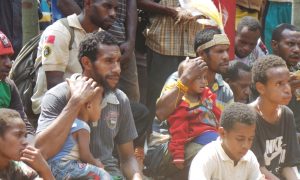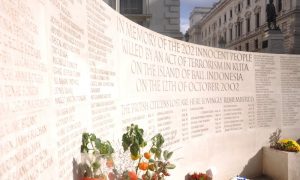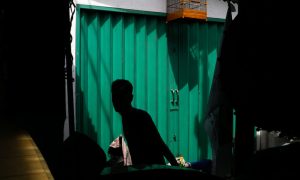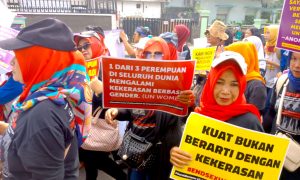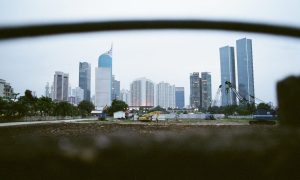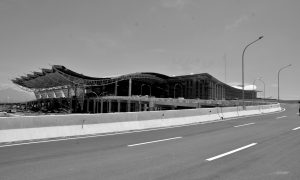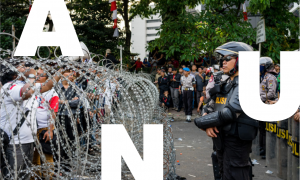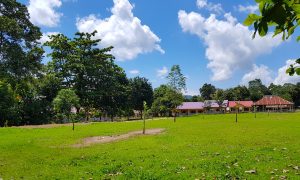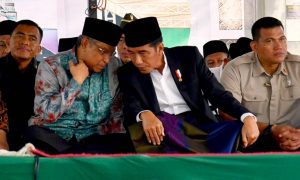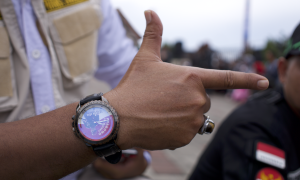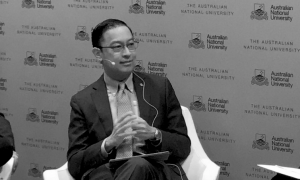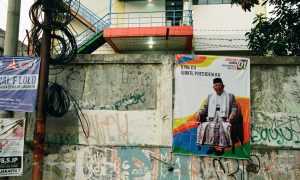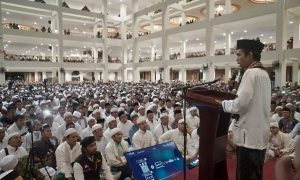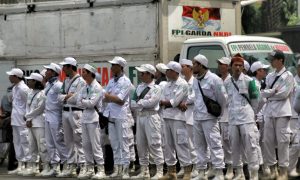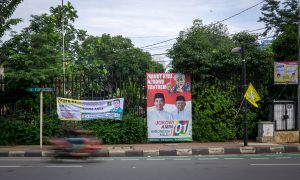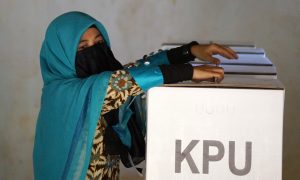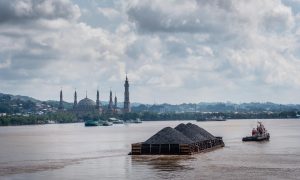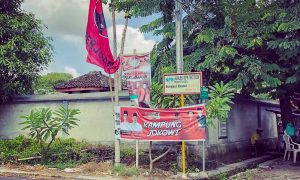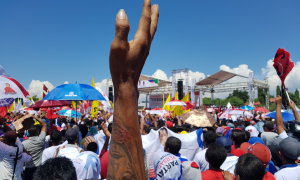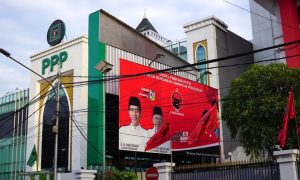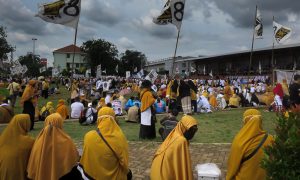Indonesia promises a future of Quran-inspired sustainability and renewables but is constrained by fossil fuel interests in government.
Cultivating consent: challenges and opportunities in the West Papuan palm oil sector
The need for consent from indigenous landowners in Indonesia's West Papua oil palm developments.
The Neo-JI threat: Jema’ah Islamiyah’s resurgence in Indonesia follows an old playbook
Indonesia should not be lulled by Neo-JI’s seemingly peaceful development.
Mental health care in Indonesia: short on supply, short on demand
If he’s serious about building Indonesia’s “human capital”, Jokowi should make mental health a policy priority.
The post-election challenges for Indonesia’s feminist movement
Progress for pro-women policy requires being honest about the social and political barriers activists face.
Out of sight, out of mind? Political accountability and Indonesia’s new capital plan
What happens when civil society, the media, and policymakers are based in different cities?
How Jokowi spends money better in a second term
Indonesia needs evidence-based policy, not policy-based evidence.
From stagnation to regression? Indonesian democracy after twenty years
The 2019 ANU Indonesia Update conference takes stock of Indonesian democracy.
Voting out the landlords in Flores
Economic change is eroding the political power of traditional custodians of land in this part of Eastern Indonesia.
NU after the elections: more nationalism, less democracy?
Jokowi owes his victory to NU support, and NU expects both material and ideological dividends.
Follow the leader: personalities, policy and partisanship in Indonesia
New survey data show how strongly partisanship effects Indonesians’ policy preferences.
Millenia of maritime mastery: Philip Bowring’s ‘Empire of the Winds’
Though Austronesians operated in networks of oceanic trading that stretched from Asia to the Mediterranean for thousands of years, both the term and cultural grouping are little known.
Q&A: Thomas Lembong on Indonesia’s economy
The reformist chairman of Indonesia's Investment Coordination Board (BKPM) spoke to ANU's Hall Hill for New Mandala.
Measuring the ‘NU effect’ in Indonesia’s election
Ma’ruf Amin's electoral benefit was smaller than often assumed—but it was enough to get Jokowi over the line.
Between throwing rocks and a hard place: FPI and the Jakarta riots
Clouds are gathering for the hard-line Islamic group.
Religion, ethnicity, and Indonesia’s 2019 presidential election
The results are suggestive of a growth in regional and religious divides since 2014.
Indonesia’s election and the return of ideological competition
Renewed rivalry between pluralists and Islamists coexists with catch-all patronage politics.
Standing for parliament, and against mining in Kalimantan
Some Indonesian politicians are taking on the industries which dominate politics in their regions. But can working in the system change much?
Polarisation in Indonesia: what if perception is reality?
Considering whether five years of Jokowi–Prabowo competition is dividing Indonesian society.
Indonesia’s real infrastructure challenge: getting people out of their cars
Road building is good for the economy overall but does little to solve the congestion that plagues Indonesia’s major provinces.
Campaigning in the shadow of Ahok in NTT
Fears of intolerant Islamic movements have intensified identity politics in Christian communities in the east.
Indonesia: how the polls are performing
There’s little reason not to expect a comfortable win for Jokowi, but difficulties in predicting legislative election results remain.
An anti-feminist wave in Indonesia’s election?
Socially conservative female candidates are making their mark in the 2019 legislative elections.
 Facebook
Facebook  Twitter
Twitter  Soundcloud
Soundcloud  Youtube
Youtube  Rss
Rss 